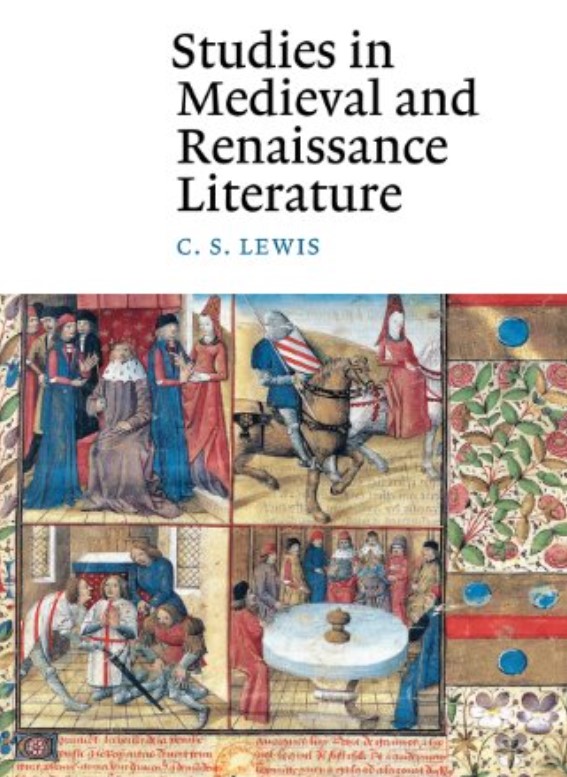A scene from The Canterbury Psalter (12th century)
Blog
Alanus de Lille’s Vision of Order

When C.S. Lewis took the chair of Medieval and Renaissance Literature in Cambridge, he knew it would be hard work to convince his new university, with its greater proportion of scientists than at his alma mater Oxford, to consider his extremely old-fashioned subject matter. For Lewis, ‘old-fashioned’ meant mainly the fully integrated, pre-scientific view of the cosmos: classical planets circling the central earth in nested crystalline spheres, and the whole thing moved by one great ontological desire for God.
He gave a two-part lecture called “Imagination and Thought in the Middle Ages,” not published at the time but later gathered with some other leftovers in Studies in Medieval and Renaissance Literature. Walter Hooper rightly says these lectures “amount almost to a précis of The Discarded Image,” (viii) but written specifically with scientists in mind. In these lectures, Lewis is not so much introducing potential readers to what they will find if they actually read the old books; instead he is indicating the worldview of the old books to an audience who, having this report, can now skip the books. He does recommend seeing a large, multi-generational cathedral, considering Thomas Aquinas’ Summa Theologiae, and reading Dante’s Divine Comedy.
In the first lecture, Lewis carries out several maneuvers designed to win a hearing and increase his plausibility. Then in the second lecture he delivers, in about a dozen pages, a remarkable account of what the cosmos was like according to educated medievals. He borrows from all over, emphasizes what was common among various authors, and footnotes not at all. Well, once. He footnotes Alanus, author of De Planctu Naturae. (p. 59; Footnote is to P.L. ccx, Prosa III, col. 444 A,B.)
Here is Lewis’ paragraph describing Alanus’ view:
A thirteenth-century author, Alanus, works out the theological, the social, and the individual triads in terms of castle (or citadel), city, and the lands beyond the city walls. These are literally given, of course, in the social one; a king in his citadel, the barons in the city, the peasants in the fields outside. In the individual the head is the citadel, where the empress Sapience keeps her court. In the City of the Breast lives the high baronage of Magnanimity. Outside, in the abdomen, or still more outside, in the genitals, live the common appetites. But it is the theological triad that most concerns us at the moment. The castle of God is the Empyrean, the region beyond the outermost sphere. In the city, in the vast ethereal spaces, dwell the cosmic nobility, the nine orders of angels. Down here on Earth there is a place permitted to us ‘as to aliens’, he says, ‘outside the wall’. (p. 59)
“Alanus” is Alan of Lille in English, Alain de Lille in French, and Alanus ab Insulis in Latin (1128–1202). And here is a website with the text in English (by Douglas Moffat). It’s quite elaborate, and Lewis certainly plucked out only the main point for his lecture, making him sound of course Lewisian.
About This Blog

Fred Sanders is a theologian who tried to specialize in the doctrine of the Trinity, but found that everything in Christian life and thought is connected to the triune God.


